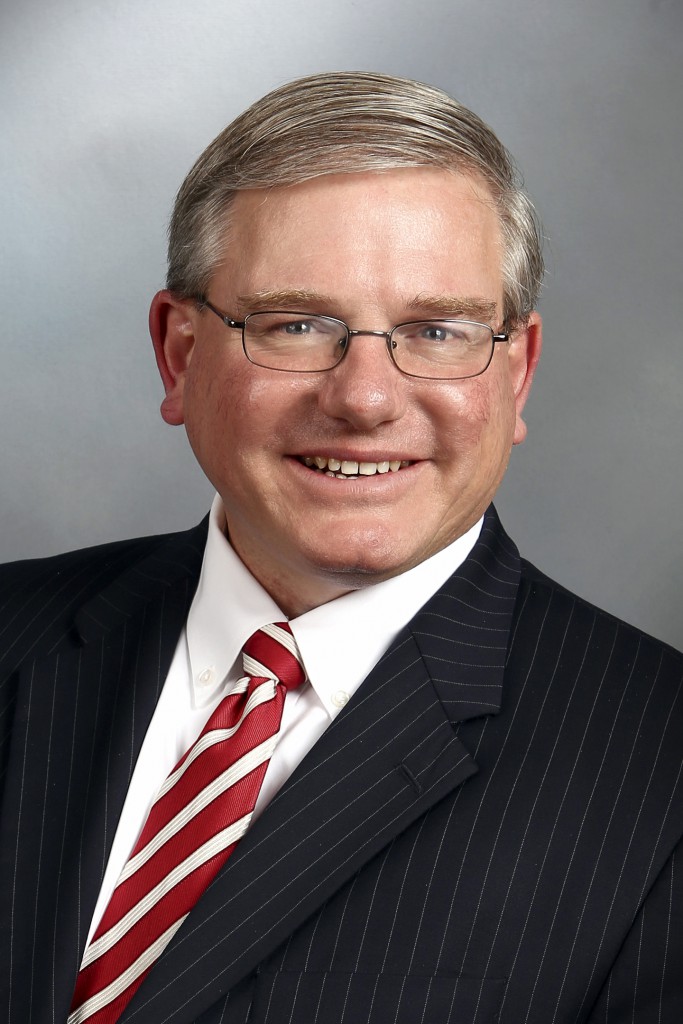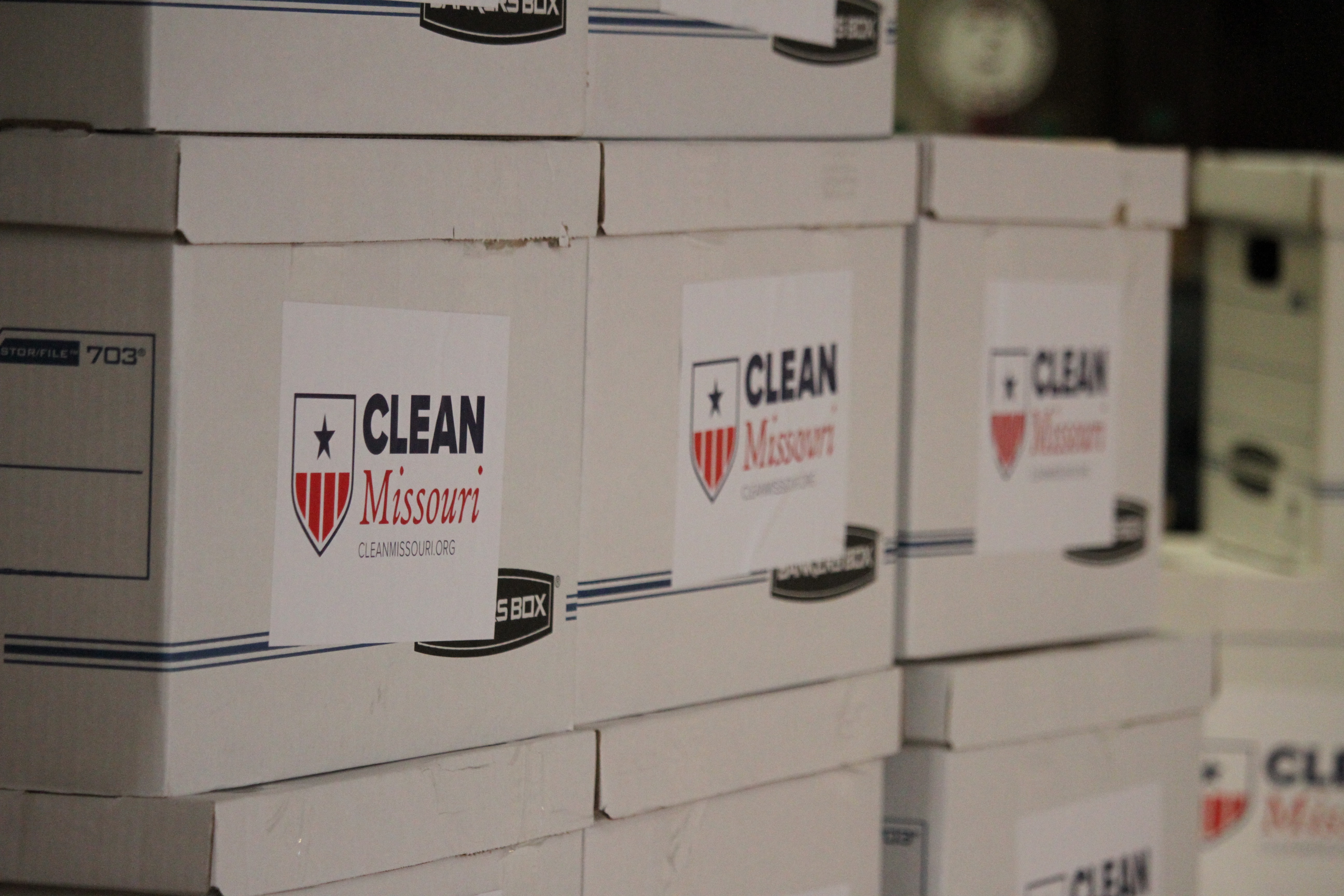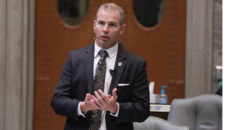JEFFERSON CITY, Mo. — GOP-backed legislation aimed at changing Clean Missouri passed out of the Senate Monday evening, despite a lone Republican voting against the resolution.
The Senate voted 22-9 to third read and pass SJR 38 from Sen. Dan Hegeman, with all eight Democrats and Republican state Sen. Lincoln Hough voting against the measure.

“I am pleased the Senate passed SJR 38 tonight and took one step closer to giving the people of Missouri the opportunity to weigh in on fixing the short-comings of Clean Missouri,” Sen. Dan Hegeman told The Missouri Times.
The resolution, which requires voter approval, bans lobbyist gifts to lawmakers altogether and lowers campaign contribution limits for the office of state senator.
But the more controversial provision of the resolution changes how the state’s redistricting process works — again.
Approved by voters in November 2018, Amendment 1 — dubbed “Clean Missouri” — changed the state’s redistricting process to require a new nonpartisan state demographer draw legislative maps for the General Assembly following the 2020 U.S. Census.
SJR 38, however, would place the duties in the hands of independent, bipartisan House and Senate commissions, similar to what was done in the past.
It requires the commissions to draw districts so as not to disenfranchise any particular community from participating in the electoral process. Additionally, districts would need to be drawn based on population and the idea of “one person, one vote;” in concordance with federal law and the Voting Rights Act of 1965; as contiguous and compact as possible; and in keeping communities together as much as possible, Hegeman said.
Hough said he voted against the resolution because he “didn’t see this boogeyman coming down to necessitate turning over something that was voted on pretty recently.” About 62 percent of voters approved the amendment in 2018.

Originally, the resolution eliminated the requirement that “partisan fairness” and “competitiveness” be taken into account, a point of contention for Democrats. However, it was added back in during floor debate.
Democrats have decried SJR 38, saying it “overturns the will of the voters” who greenlighted the amendment. But Republicans argued Clean Missouri was too broad and voters weren’t quite familiar with everything included in it.
“I do think compactness and districts of like-size are important when we’re talking about redistricting,” Hough told The Missouri Times in an interview after his vote. “I just don’t see the emergency of some hypothetical situation where a map gets drawn and something terrible happens. The changes that we made elsewhere in this SJR, like lowering lobbyist limits from $5 to $0, that just doesn’t seem to me like it does that much.”
Hough praised the Senate for affording him the “autonomy” to be able to vote how he felt.
“I’ve always had kind of an independent streak in me,” he said.
Debate over the measure resulted in a nearly 12-hour filibuster just three weeks after the legislative session began.
Following Monday’s vote, Missouri Farm Bureau President Blake Hurst praised the passage, arguing it “would help ensure rural communities remain intact and are represented fairly by people who live in them.”
SJR 38 now moves to the House. Proponents of the measure have dubbed it “Cleaner Missouri;” but for opponents, it’s been called “Dirty Missouri.”

Kaitlyn Schallhorn was the editor in chief of The Missouri Times from 2020-2022. She joined the newspaper in early 2019 after working as a reporter for Fox News in New York City.
Throughout her career, Kaitlyn has covered political campaigns across the U.S., including the 2016 presidential election, and humanitarian aid efforts in Africa and the Middle East.
She is a native of Missouri who studied journalism at Winthrop University in South Carolina. She is also an alumna of the National Journalism Center in Washington, D.C.
Contact Kaitlyn at kaitlyn@themissouritimes.com.




















